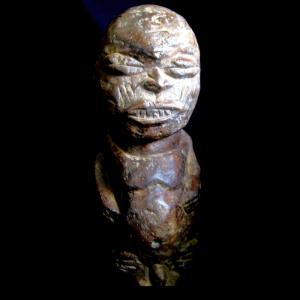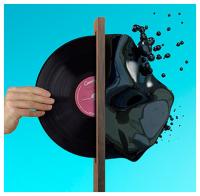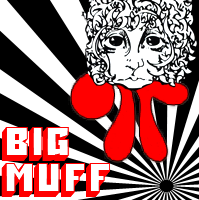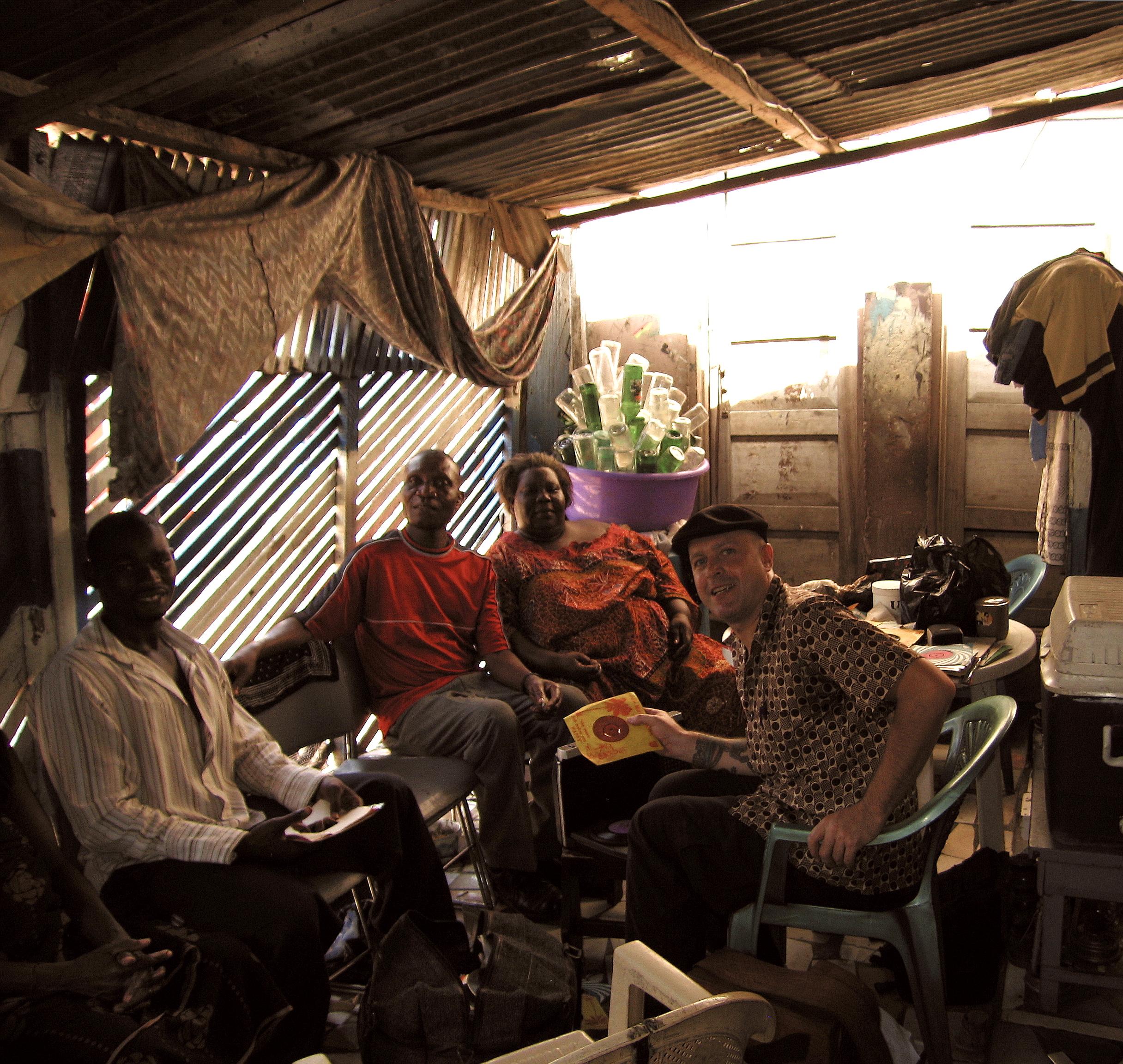Eunice's Drinking Spot
 Frank
2,373 Posts
Frank
2,373 Posts
Alfred and me were busy rushing from one house call to the next when I received a call by a woman named Eunice. She owned a bar out in Nima and claimed to have a whole lot of 45s. The area didn't have any street names but we were assured that everybody in the neighborhood knew her place which was simply called Eunice's Drinking Spot.
Nima is one of Accra’s poorest but also one of the city’s liveliest districts and due to the cheap rent many migrants from Liberia, Togo and Nigeria had settled down in this maze of irregular streets, paths and alleyways. After some asking around we were pointed to a wooden shack with a rusty tin roof where we found Eunice and her husband as they were busy getting ready for the afternoon crowd. The sun shone through the ceiling's countless holes, projecting spots of light onto a mosaic floor of broken tiles. Roofing laths had been nailed onto the front of the small building, arranged in a diagonal pattern and widely spaced apart to allow for air circulation. This was not a bar where you would order a cocktail. An open cooler held a few bottles of beer and a smashed block of ice but Eunice's Drinking Spot specialized in Akpeteshie, Ghana’s often privately distilled, national liquor made either from sugar cane or, more traditionally and just like Benin's Sodabi, from the fermented sap of the oil palm. Eunice sold the generally much better tasting and less hangover-prone palm based stuff and I couldn't resist to order a first round. Alfred winced as he finished his Akpeteshie in one shot but I was surprised by it's perfectly sippable quality, far removed from the stuff I had bought a few days earlier at Makola Market. When I asked Eunice about the distillery she didn’t feel like sharing her particular source but I was told to investigate around the town of Obomeng in Ghana’s Eastern region.
That said and ready to get down to business, Eunice handed me a duffel bag stuffed with 45s. On weekend nights about 25 years earlier one of her customers had often brought these records to the bar alongside his portable player to barter music against shots. Before long though, the human jukebox had accumulated a considerable tab and continued to drink much more than what Eunice was willing to pay for the provided entertainment. Eventually the contract was canceled, the records and turntable were impounded and the DJ never returned to pay the ransom. The player had been easy to sell but nobody had ever been willing to pay Eunice's asking price for the records. I felt a pang of guilt to take advantage of my peer's misfortune but why not liberate his 45s and put them back to good use?





Comments